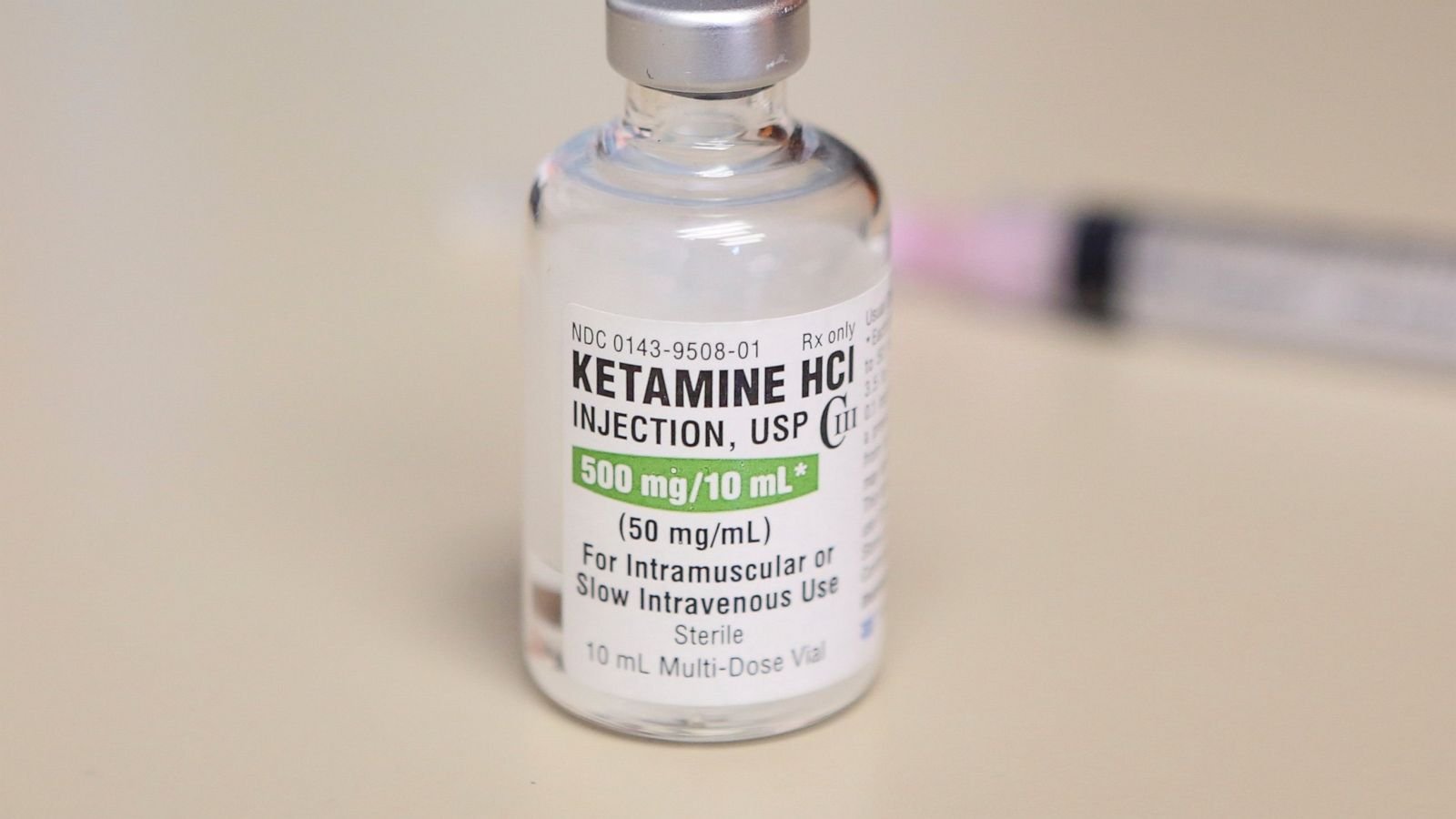
Psychedelics
“But the man who comes back through the Door in the Wall will never be quite the same as the man who went out. He will be wiser but less cocksure, happier but less self-satisfied, humbler in acknowledging his ignorance yet better equipped to understand the relationship of words to things, of systematic reasoning to the unfathomable Mystery which it tries, forever vainly, to comprehend.”
- Aldous Huxley
Preparation and Integration
Regardless of the substance being used or whether it’s being used in a clinic, a session, on your own, or with a non-clinical guide, all psychedelic experiences are made safer by harm reduction measures such as preparation and integration. This means we have a few sessions to prepare for the experience and a few sessions to help integrate the experience, cognitively, emotionally, physically, and potentially spiritually. If you need help with an upcoming experience or an experience you have already had, please feel free to contact me.
Ketamine
Ketamine assisted psychotherapy (KAT) is a more widely available form of psychedelic-assisted psychotherapy. Ketamine has been in medical use for decades and has been allowed by the FDA for mental health uses. Ketamine is a fast-acting antidepressant and can help reduce suicidal ideation. It is not a “classic” serotonin-acting compound. Rather, it works with glutamate and the NMDA receptors. It has shown promise in other areas of mental health treatment, and more studies are being conducted. Ketamine lasts about 3-4 hours, making it a more manageable experience than MDMA or Psilocybin.
In most states, ketamine is available in a clinic/infusion setting and a KAP setting with a trained therapist. I have been trained to facilitate ketamine assisted psychotherapy sessions.
If you are interested in this therapy, please let me know.
Psilocybin
Psilocybin has been shown to have promise across a broad spectrum of mental health struggles, from PTSD to eating disorders, to end-of-life anxiety, and even dementia. This is a “classic” serotonin-acting compound, like LSD and DMT. Psilocybin has been a part of human culture and traditions for centuries, alongside mescaline (Peyote), Ibogaine (Iboga), and DMT/5-MeO-DMT (Ayahuasca, Bufo). Psilocybin is in a group of psychedelics called “neurogeneratives” meaning they stimulate the brain to create new neurons. In other words, psychedelics in this category can be called “brain food”. Because of this neurogenerative factor and the dramatic increase in communication between different regions of the brain when introduced, it’s thought that the classic psychedelics have a broad and more general reparative ability. Psilocybin lasts 6-8 hours, usually, so it’s more of a time commitment.
In Colorado, psilocybin is approved for therapeutic use. I am currently licensed as a facilitator in training, which means I have completed the educational requirements and still need to complete a practicum and the required supervision hours.
If you are interested in this therapy, please let me know.

